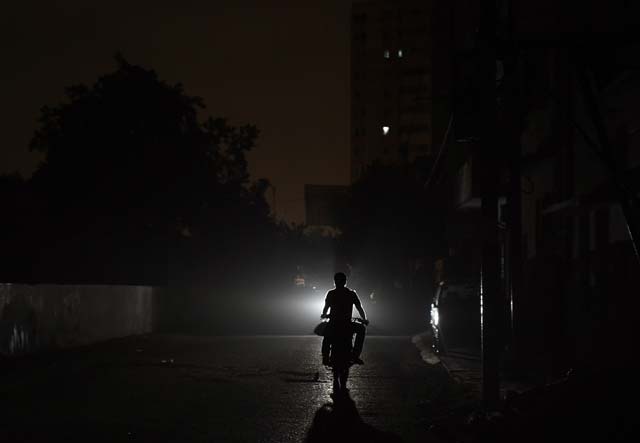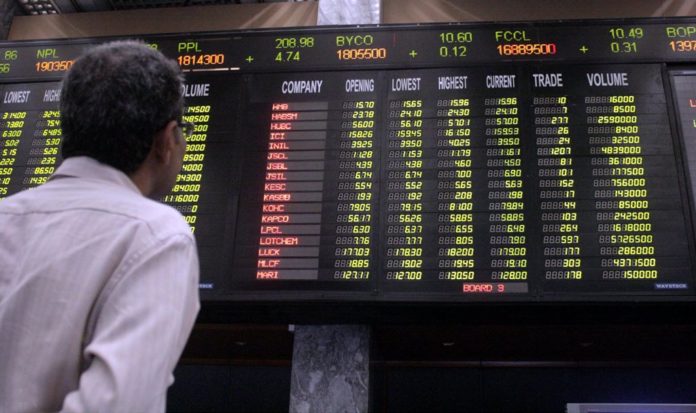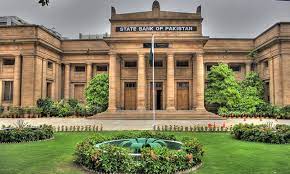The Power Division has been vocal about the dire financial state of the power sector, attributing it to
Significant electricity is lost during transmission and distribution. a substantial portion of electricity bills remains unpaid. Unauthorized use of electricity further drains resources. these factors contribute to a scenario where the cost of power from the central pool becomes economically unsustainable to supply to all consumers, leading to what’s being termed as “economic load shedding.”
In April 2024, the Prime Minister directed the Power Division to propose amendments that would manage load shedding based on economic and AT&C losses. A committee was formed with members from various regulatory bodies to review and propose changes. This group scrutinized existing laws, policies, and court judgments to craft a new framework for load shedding.
A new definition for load shedding that considers economic factors alongside technical and commercial reasons. adjustments to ensure that load shedding due to economic constraints is legally recognized and implemented with guidelines from the federal government.
The move towards revenue-based load shedding could disproportionately affect the poorest segments of society, potentially depriving them of electricity access under the guise of economic necessity. This shift raises concerns about equality and the fundamental right to electricity.
The proposed amendments are expected to be presented to the Cabinet Committee on Legislative Cases (CCLC) for approval, followed by parliamentary debate. The Finance Division has also requested inputs from Nepra and NTDC, indicating a thorough review process before final implementation.




